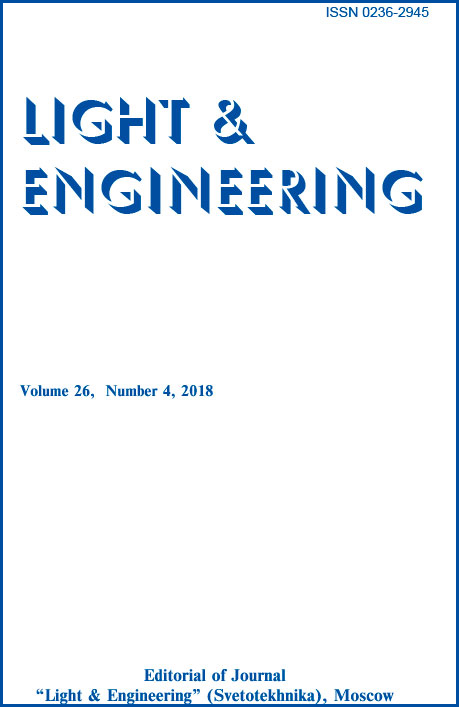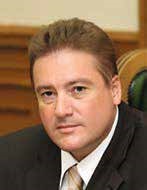Content

Abstract:
The problematic aspects related to the implementation of energy saving policy in the budget sphere are examined in the article. The factors hindering the mass and effective implementation of energysaving measures are highlighted in the article. Among these factors, there is the technical complexity of energysaving projects, the presence of innovative and investment risks, problems with the financial provision of costs in the face of increasing debt burden in most public budgets. The article concludes that in these circumstances only the energy service contract is a tool that allows implementing energysaving measures without the first participation of budgetary funds in financing and allows transferring the risks of making technically inefficient decisions directly to the investor. In the article, the authors substantiate the importance of the institutional development of energy services directly in the public sector and analyze the measures of the comprehensive plan to improve the energy efficiency of the economy of the Russian Federation aimed at expanding the scope of energy service contracts in the public sector.
References:
1. Federal Law No. 261FZ of 23 November 2009. “On Energy Saving and Increasing Energy Efficiency and Amendments to Certain Legislative Acts of the Russian Federation.” 2. “Turn off the light!”: Dmitry Medvedev urged to reduce energy consumption in the public sector // Russian newspaper № 7404(238) from 19.10.2017. 3. The order of the Russian Federation Government No. 703R from 19.04.2018 “On approval of the comprehensive plan of measures to improve the energy efficiency of the Russian economy.” 4. Website of the Ministry of Finance of the Russian Federation: The volume and structure of public debt of the Russian Federation and municipal debt. https://www. minfin.ru/ru/perfomance/public_debt/subdbt/2018/; https://www.minfin.ru/ru/perfomance/public_debt/subdbt/2013/. 5. The energy strategy of Russia for the period up to 2030 (order of the Government of the Russian Federation N1715p of November 13, 2009, Appendix No. 6. Ruchkina G.F. On the legal aspect of banks’entrepreneurial activity in the context of modernization of the Russian economy // “Banking law,” N5, 2010. 7. Eliseeva I.V. Development of methods and forms of effective investment in energy saving projects // The dissertation on competition of a scientific degree of candidate of economic Sciences, P. 66, 2008. 8. Lukianov G.I. Risk as a phenomenon of social reality // The dissertation on competition of a scientific degree of doctor of philosophy, P. 176, 2006. 9. Vlasova A.S. Risk as a sign of entrepreneurial activity // The dissertation on competition of a scientific degree of candidate of legal Sciences, P. 3, 2009. 10. State report on the state of energy saving and energy efficiency in the Russian Federation for 2016; https://minenergo.gov.ru/node/5197. 11. Federal Law No. 261Fz Of 23 November 2009. “About Energy Saving, Increasing Energy Efficiency and on Amendments to Certain Legislative Acts of the Russian Federation” (in the wording of 28.12.2013). 12. State programme of the Russian Federation “Energy Efficiency and Energy Development” (approved by the Resolution of the government of the Russian Federation N321 from 15.04.2014).
Keywords
Recommended articles
Museum Lighting as one of the Priorities of the Russian Light and Engineering Industry L&E, Vol.31, No.1, 2023
Energy Saving in the Sphere of State Public Interests. L&E 27 (№1. 2019)
Optimisation of Lighting Parameters of Irradiation in Light Culture of Lettuce Plants Using LED Emitters. L&E 27 (5) 2019


